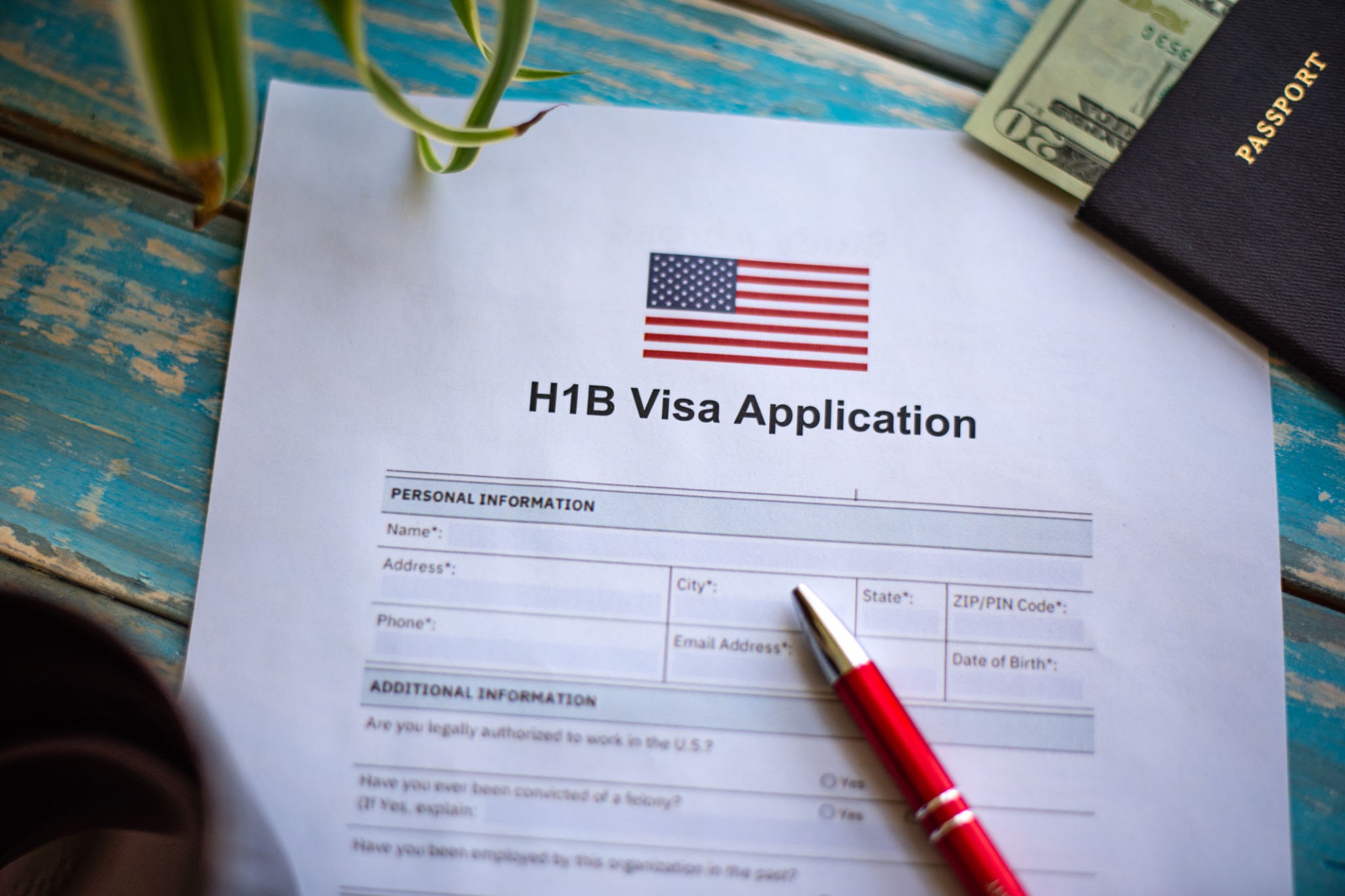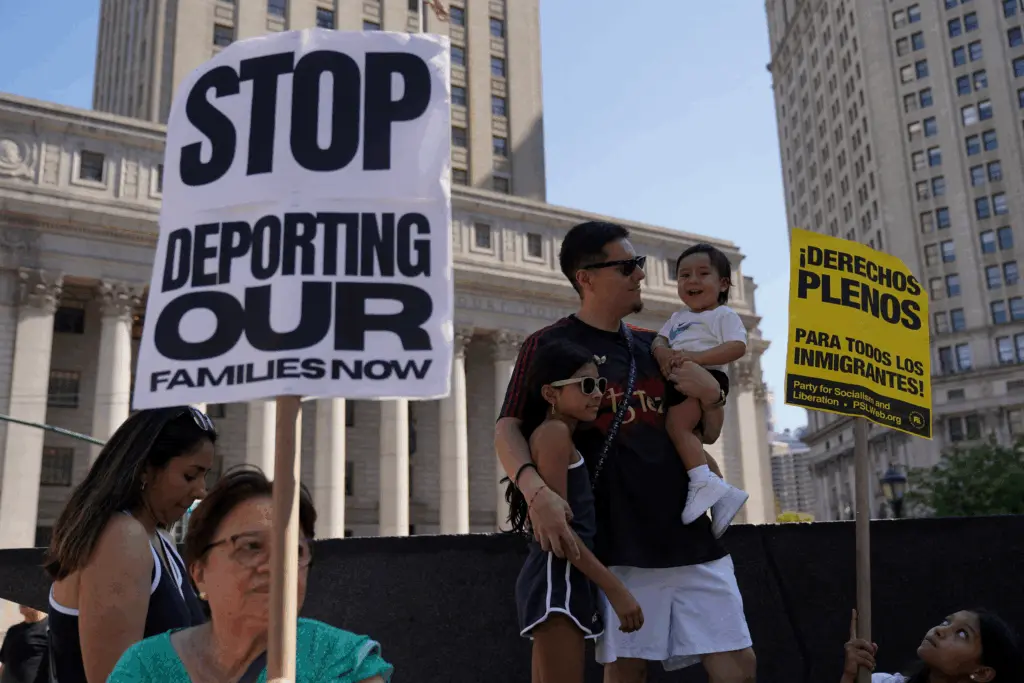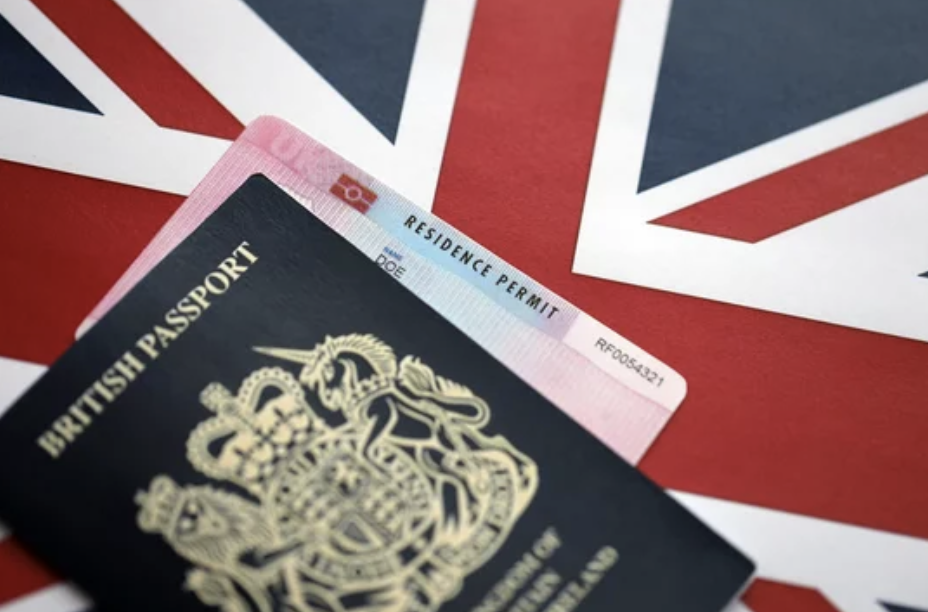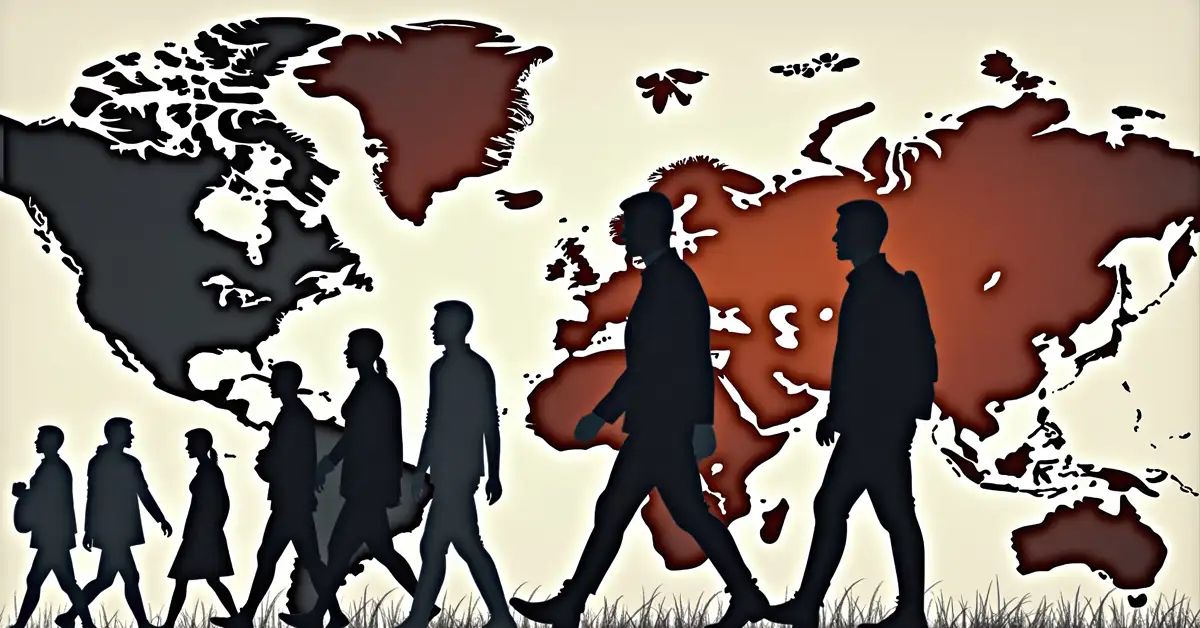Greece, a historic gateway to Europe, has long been a focal point for immigration, shaped by its geographic position and evolving policies. From the 2015-2016 refugee crisis, when over one million migrants crossed the Aegean Sea, to recent stringent measures against irregular migration, the nation balances humanitarian obligations with border control. This article explores Greece’s immigration policies, visa processes, cultural adaptation challenges, and the personal stories of immigrants navigating this complex terrain, offering practical insights for those seeking to make Greece their home.
Visa Processes: Navigating Greece’s Immigration System
Obtaining a visa to live, work, or study in Greece requires understanding a system that prioritizes legal pathways while cracking down on irregular entries. Greece offers several visa types, including the Schengen short-stay visa (up to 90 days), national long-stay visas for work or study, and residence permits for family reunification or investment. The Golden Visa program, requiring a minimum investment of €250,000 in real estate, remains popular among non-EU nationals seeking residency.
The application process typically begins at Greek consulates abroad. Applicants must submit a valid passport, proof of financial stability, health insurance, and specific documents tied to the visa type, such as employment contracts or university acceptance letters. Processing times vary, with Schengen visas taking 15-60 days and long-term permits potentially longer due to bureaucratic backlogs. Recent reforms have streamlined online applications, but delays persist, especially for non-EU applicants.
“I applied for a work visa from Nigeria,” shares Amina, a 32-year-old nurse now living in Athens. “The paperwork was overwhelming, but working with a local lawyer helped me avoid mistakes. Patience is key.”
Tip: Double-check document translations and notarizations, as errors can lead to rejections. Engaging a migration consultant familiar with Greek bureaucracy can save time.
Policy Shifts: Tougher Stance on Irregular Migration
Greece’s immigration policies have hardened in response to irregular migration. In 2025, the government, led by Migration Minister Makis Voridis, introduced measures to curb undocumented entries, aligning with EU strategies. Key changes include ending mass legalization programs, extending detention periods for undocumented migrants to 24 months, and imposing penalties like up to five years imprisonment for illegal residency. Deportation processes have been accelerated, though only 3.4% of the 74,000 detained migrants in 2024 were deported, highlighting enforcement challenges.
The EU-Turkey Statement of 2016 significantly reduced migrant flows by facilitating returns to Turkey, but tensions remain, especially after Turkey’s 2020 attempt to push migrants across the Evros border. Greece’s “tough but fair” approach, as described by Prime Minister Kyriakos Mitsotakis, emphasizes border security, with measures like a fence along the Turkish border and enhanced coast guard patrols. Yet, human rights groups criticize practices like pushbacks, citing violations of international law.
“We want to protect our borders, but we must respect human dignity,” says Giorgios Tsarbopoulos, head of UNHCR’s Athens office. “Balancing security and compassion is Greece’s challenge.”
These policies reflect a broader EU push to standardize deportation and residency criteria, but they complicate life for undocumented migrants, many of whom face detention or uncertain futures.
Legal Guidance for Immigrants
Navigating Greece’s legal landscape requires understanding both national and EU regulations. Asylum seekers must apply within 30 days of arrival, submitting claims at designated reception centers like those on Lesbos or Chios. The process involves interviews and background checks, with decisions often taking months. Rejected applicants now face a mandatory two-year jail sentence unless deported, a policy sparking debate over its fairness.
For legal residents, renewing permits is critical. Non-EU nationals must prove stable income, housing, and integration efforts, such as language proficiency. Tip: Enroll in Greek language courses early, as they demonstrate commitment to integration and strengthen residency applications. NGOs like the International Organization for Migration (IOM) offer free legal aid to asylum seekers and low-income migrants.
Challenges: From Overcrowded Camps to Social Tensions
Immigrants in Greece face significant hurdles, from overcrowded reception facilities to social integration barriers. During the 2015-2016 crisis, camps like Moria on Lesbos became infamous for deplorable conditions, housing thousands in spaces meant for hundreds. While some facilities have closed as flows decreased, new arrivals still strain resources. In early 2025, migrant arrivals dropped by 30% compared to 2024, but processing delays persist.
Social tensions also pose challenges. Competition for jobs and resources can spark friction between locals and migrants, particularly in economically strained areas. Cultural differences exacerbate misunderstandings, with some communities wary of newcomers. Yet, Greece’s reliance on migrant labor, especially in agriculture and healthcare, underscores the need for balanced policies.
“I felt unwelcome at first,” says Omar, a Syrian refugee in Thessaloniki. “But finding a job in construction and learning basic Greek changed how people saw me. It’s not easy, but it’s possible.”
Tip: Building local connections through community centers or volunteer groups can ease social integration and combat isolation.
Cultural Integration: Adapting to Greek Life
Cultural adaptation is a cornerstone of successful immigration. Greece’s rich history, Orthodox Christian traditions, and communal lifestyle can feel unfamiliar to newcomers. Learning the Greek language is critical, as it unlocks job opportunities and fosters social bonds. Free language programs, often run by NGOs or municipalities, are available in cities like Athens and Thessaloniki.
Food, festivals, and family-centric traditions define Greek culture. Immigrants are encouraged to participate in local events, like the Panigiri festivals, to build connections. However, adaptation is a two-way street. As noted by researchers, Greece invests heavily in encouraging migrants to adopt local customs but offers less support for multicultural initiatives that preserve immigrants’ identities.
Tip: Join cultural exchange groups or language cafes to practice Greek and share your heritage, fostering mutual understanding. Respecting local customs, like greeting neighbors or joining communal meals, can build trust.
Success Stories: Immigrant Resilience and Contributions
Despite challenges, many immigrants thrive in Greece, contributing to its economy and cultural fabric. Take Maria, a Filipina caregiver in Crete who arrived on a work visa in 2020. After mastering Greek, she secured a permanent contract and now mentors other newcomers. “Greece gave me a chance to rebuild,” she says. “Helping others feels like giving back.”
Similarly, Ahmed, an Afghan entrepreneur, opened a small restaurant in Athens after gaining asylum. His business employs both locals and migrants, bridging cultural gaps through food. These stories highlight the resilience of immigrants and their role in addressing labor shortages, particularly in sectors like healthcare, agriculture, and tourism.
Integration programs, such as the EU-funded ESTIA initiative, have supported thousands by providing housing and job training. However, funding cuts and policy shifts threaten their continuity, leaving gaps in support for new arrivals.
Practical Tips for Newcomers
For those considering or navigating immigration to Greece, preparation is key. Here are actionable steps to ease the journey:
1. Research Visa Requirements Early: Check the Greek consulate’s website for specific documents and deadlines. Ensure all paperwork is translated and notarized.
2. Learn Basic Greek: Even basic phrases open doors. Apps like Duolingo or local classes can help.
3. Connect with NGOs: Organizations like UNHCR and IOM offer free legal and social support, especially for asylum seekers.
4. Understand Your Rights: Familiarize yourself with EU asylum laws and Greek labor regulations to avoid exploitation.
5. Build a Network: Join community groups or online forums like InterNations to connect with other immigrants and locals.
Looking Ahead: Greece’s Immigration Future
Greece’s immigration policies are at a crossroads. While stricter measures aim to deter irregular migration, the country’s aging population and labor shortages highlight the need for legal pathways. The EU’s 2025 deportation strategy and Greece’s alignment with it signal a focus on enforcement, but human rights concerns linger. Meanwhile, successful integration stories underscore the potential for immigrants to enrich Greek society.
For newcomers, Greece offers opportunities but demands resilience. By navigating visa processes, embracing cultural adaptation, and leveraging support networks, immigrants can build fulfilling lives. As Greece evolves, balancing security, economic needs, and humanitarian values will shape its role as a gateway to Europe.
















0 Comments